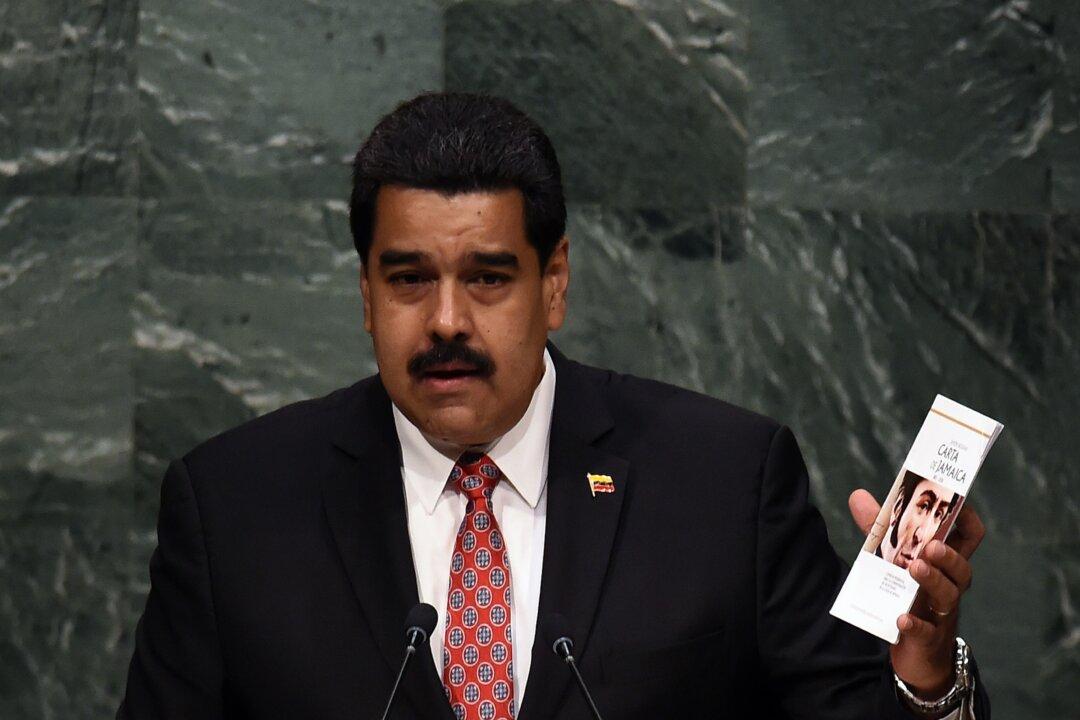The effects of 21st century socialism in Venezuela are horrifying. According to the International Monetary Fund, Venezuela’s economy will shrink by at least 10 percent in the upcoming year.
Venezuela is suffering from the fastest inflation rate in the world with the rate reaching triple digits. Their currency, the bolivar, is practically worthless despite the exchange rate given by the Maduro government of 6.3 bolivars per dollar—which is practically a joke.
A more accurate exchange rate shows the bolivar pegged at 817.65 bolivars per dollar.
Venezuela is suffering from an economic recession that has become more acute recently and it is causing severe instability within the socialist nation.
Venezuela is suffering from an economic recession that has become more acute recently and it is causing severe instability within the socialist nation.
